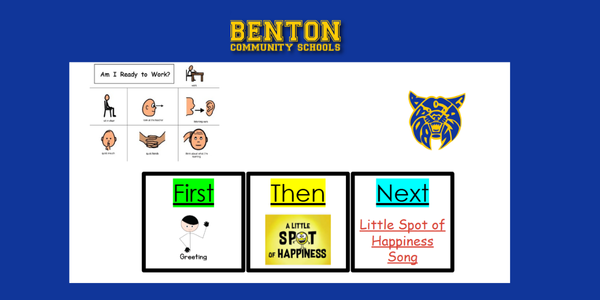Kindergarten through 3rd grade special education teachers and associates are doing more than helping students learn reading and math—they’re also laying the groundwork for executive functioning skills. These are the thinking skills that help children plan, focus attention, remember instructions, and manage multiple tasks successfully.
Through daily routines and engaging activities, students practice skills like organization, flexible thinking, and self-control. For example, teachers use visual schedules to help students plan their day, games like “Simon Says” to build impulse control, and “First/Then” charts to teach sequencing and task completion.
Executive functioning goals are individualized for each student. Some students may be working on waiting their turn, while others focus on following multi-step directions or using strategies to calm down when frustrated. Progress is celebrated in small steps, helping students gain confidence and independence.
By explicitly teaching these lifelong skills early, the special education team ensures that every child builds a foundation for future academic and social success. As one teacher put it, “When we teach kids how to think and manage themselves, not just what to think, we set them up for success far beyond the classroom.”

